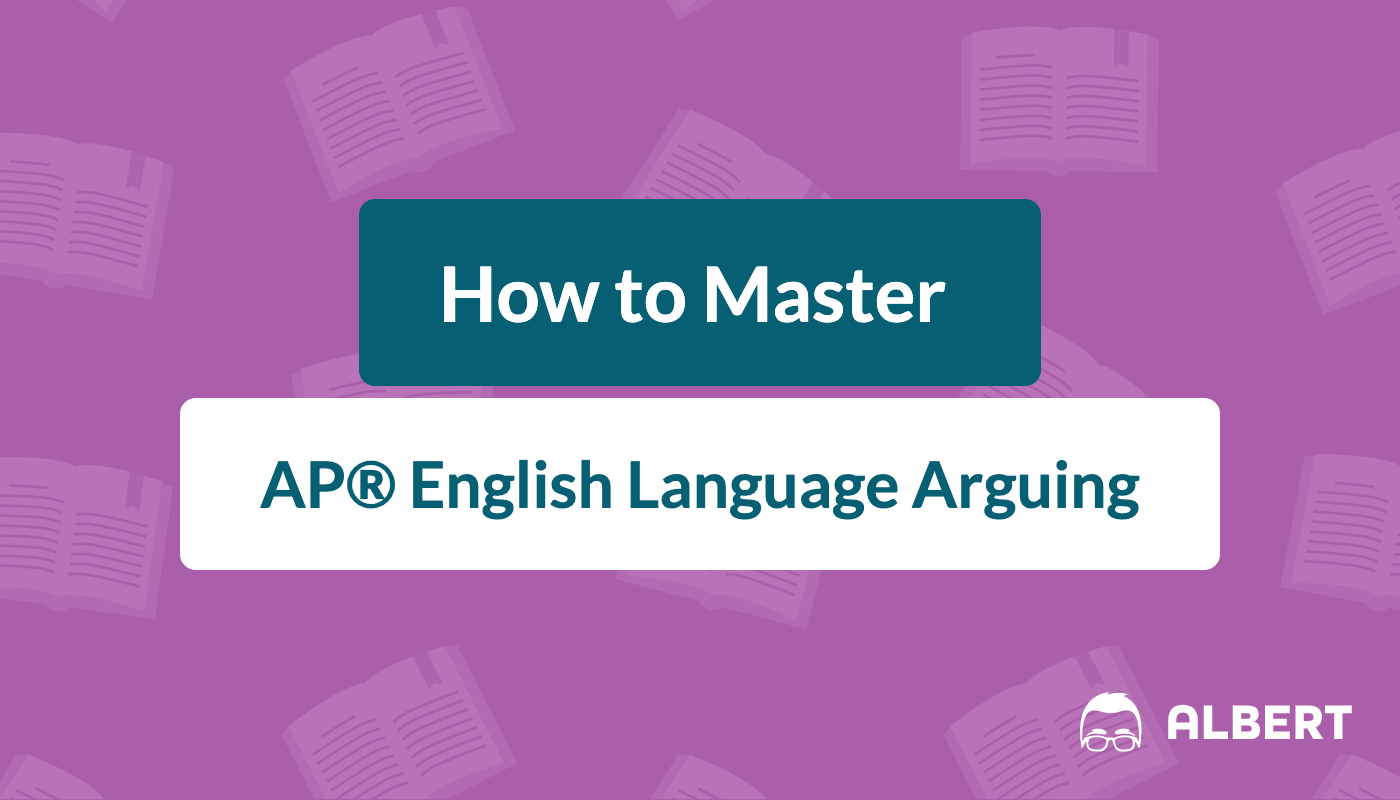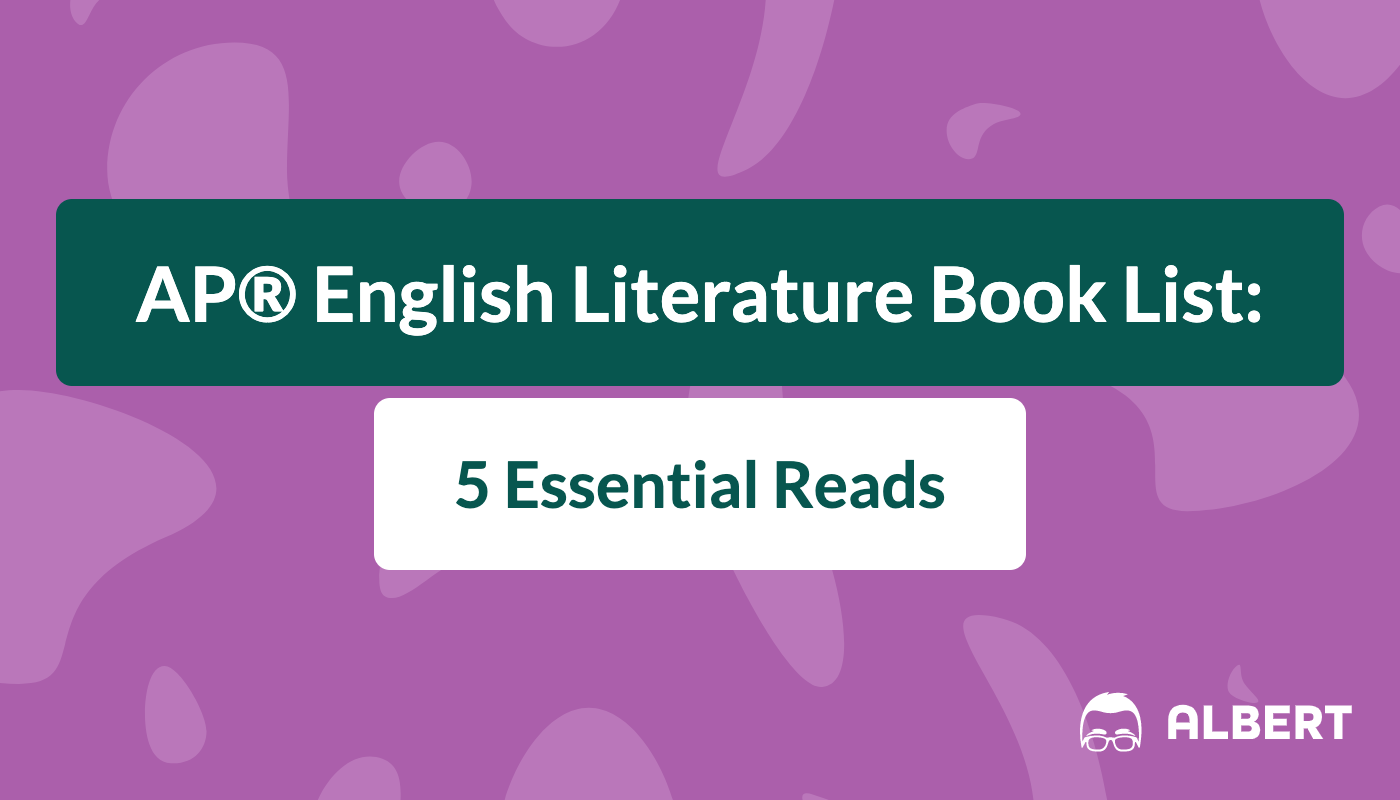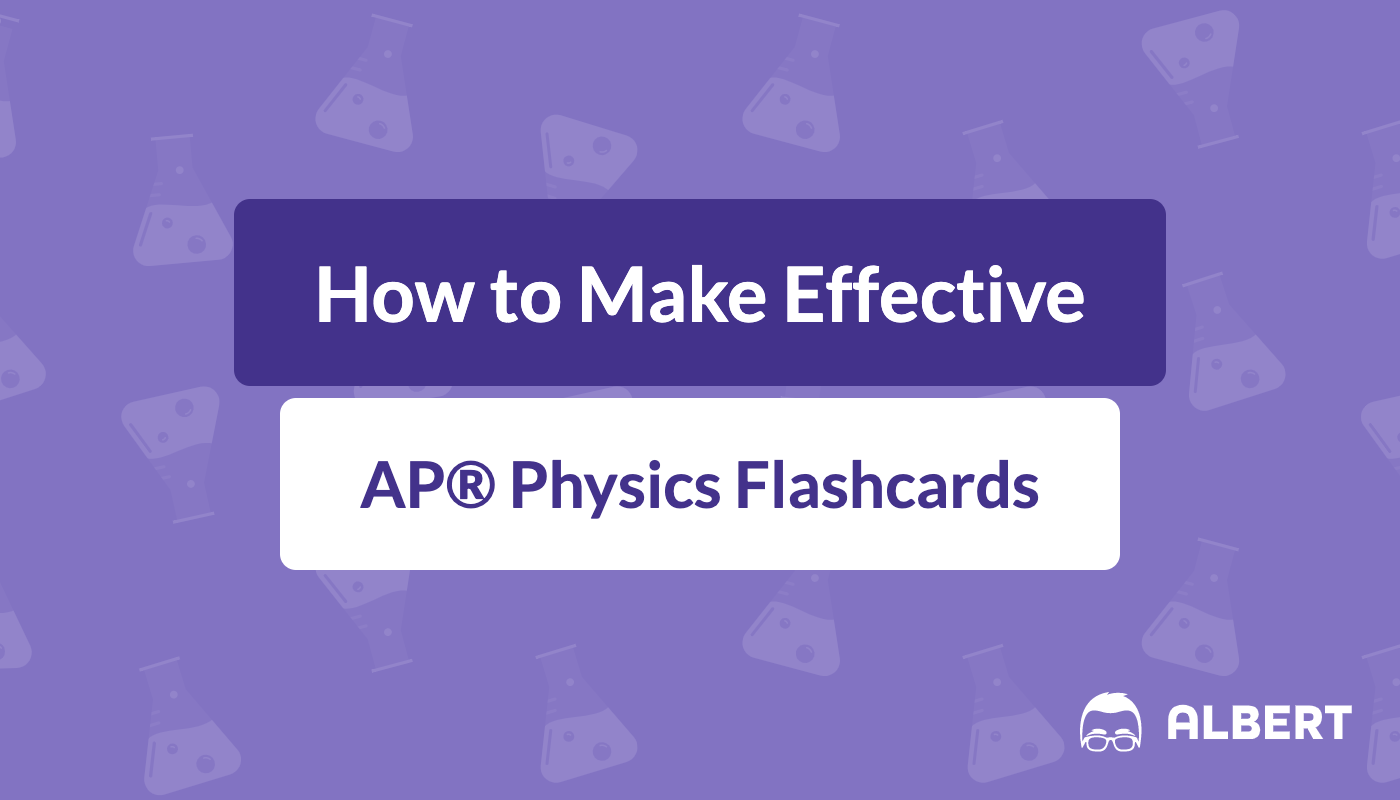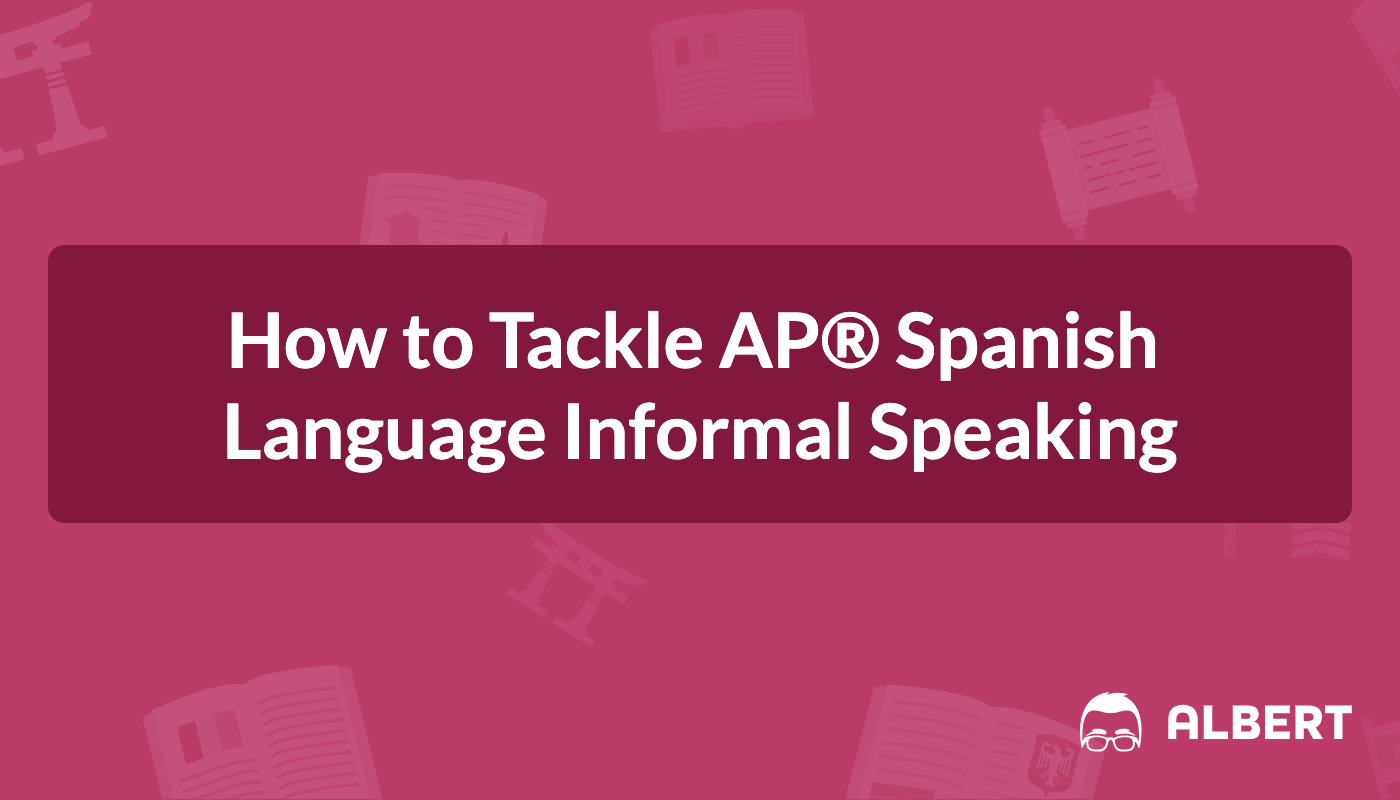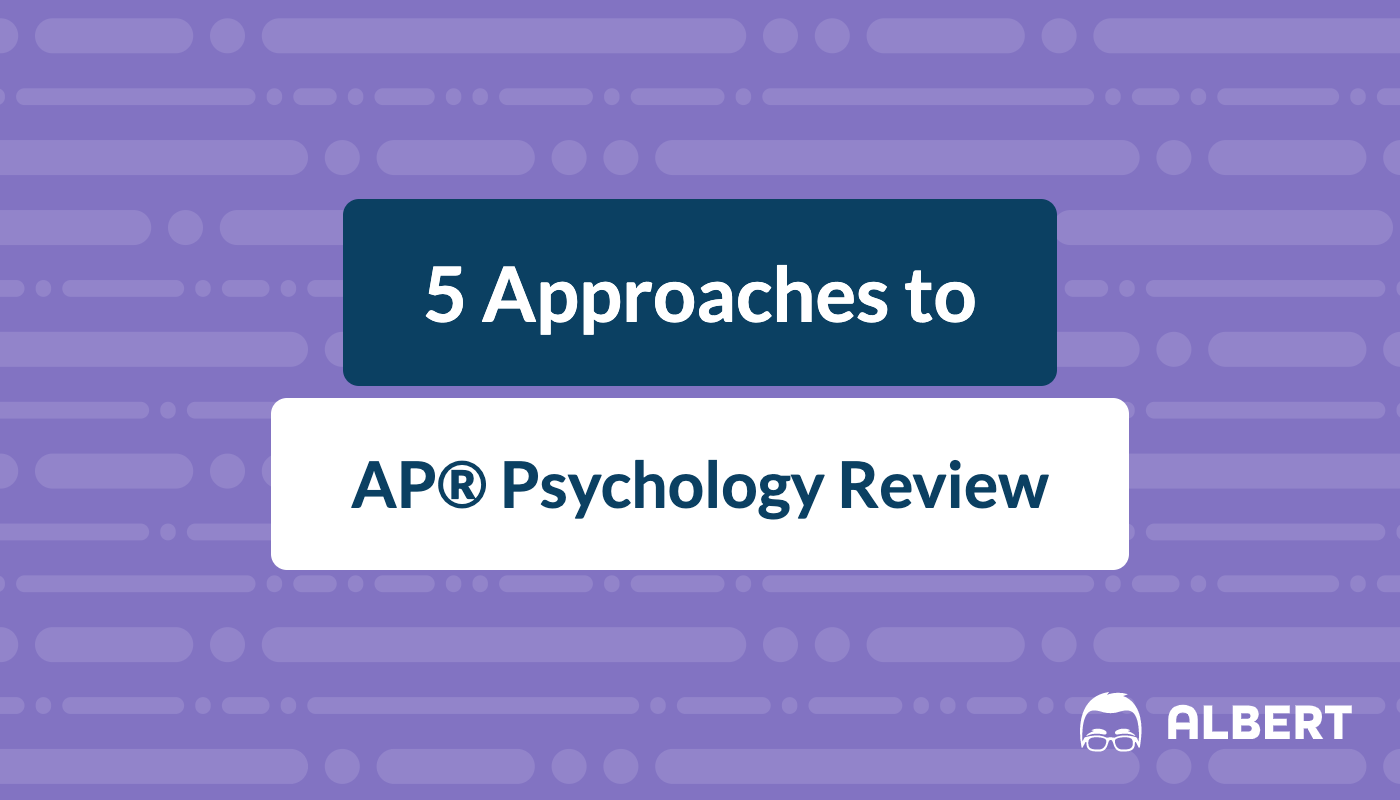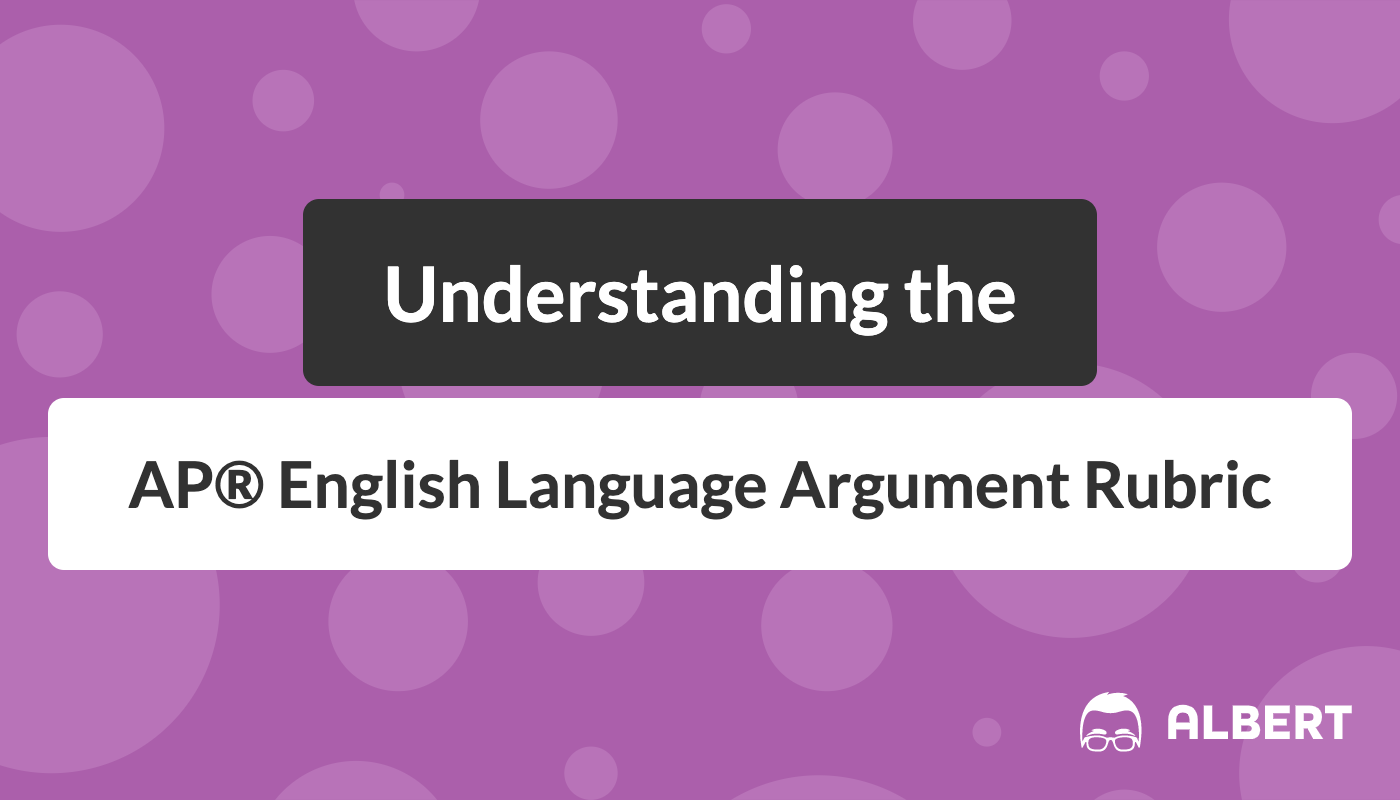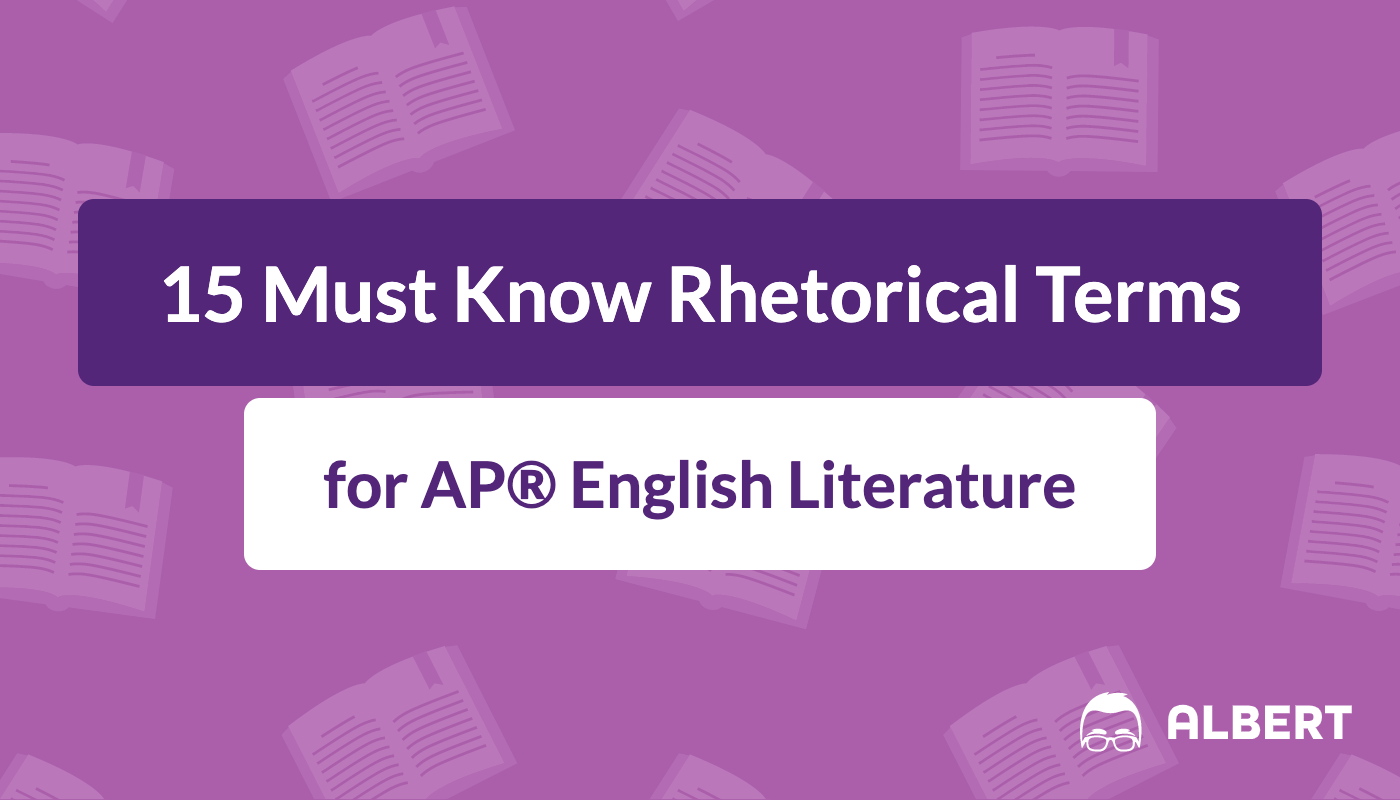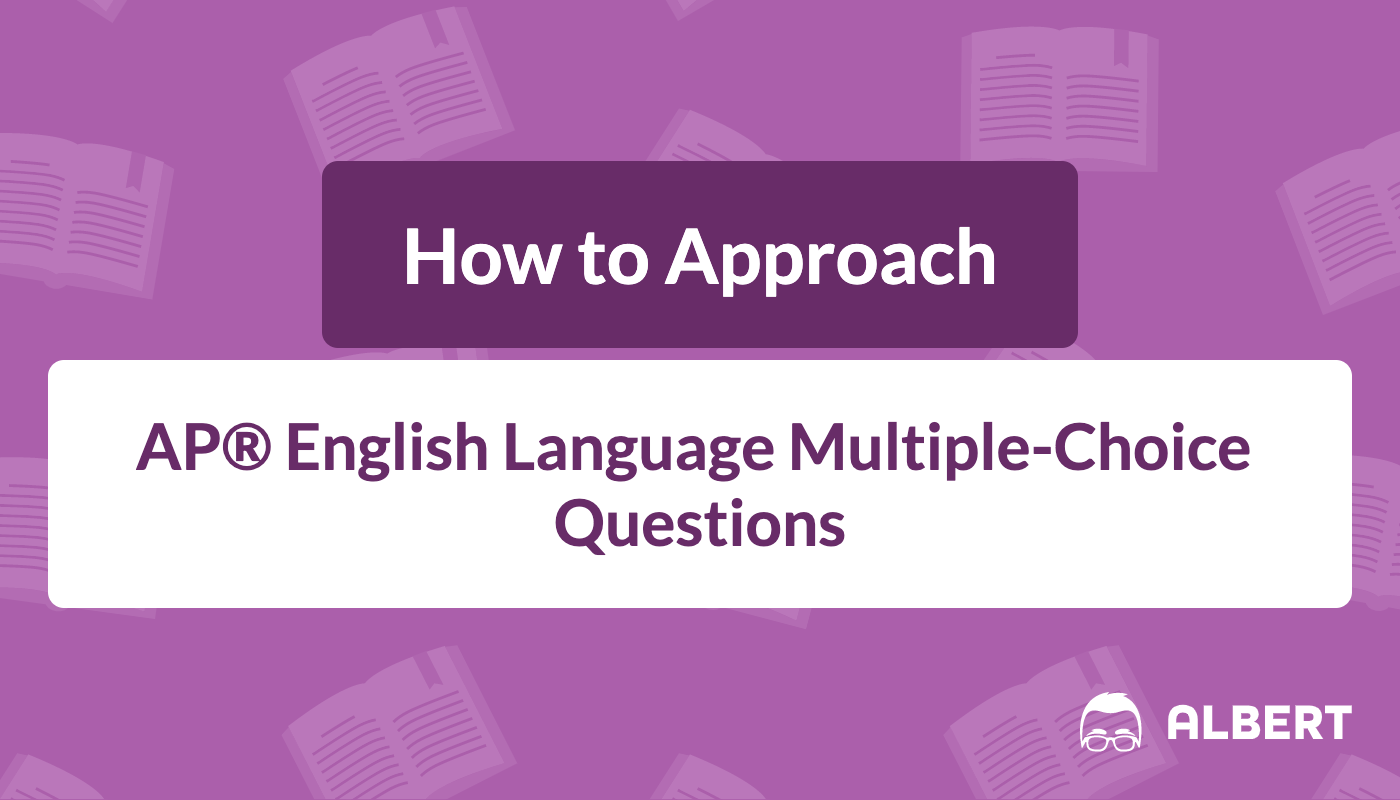How to Master AP® English Language Arguing
Acing the AP® English Language and Composition exam is no easy feat, but it can definitely be accomplished. Lang represents most high school students’ first foray into the world of AP® English exams, as it is traditionally taught before AP® English Literature and Composition.

